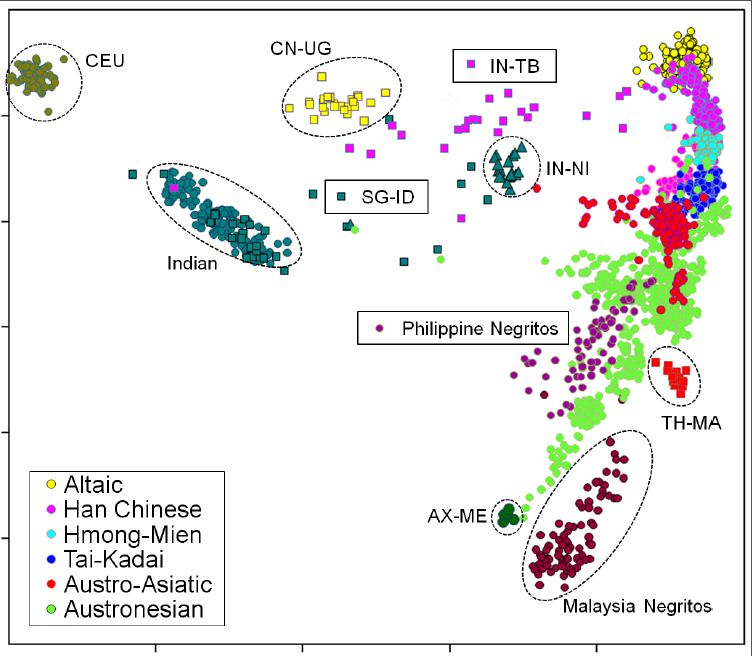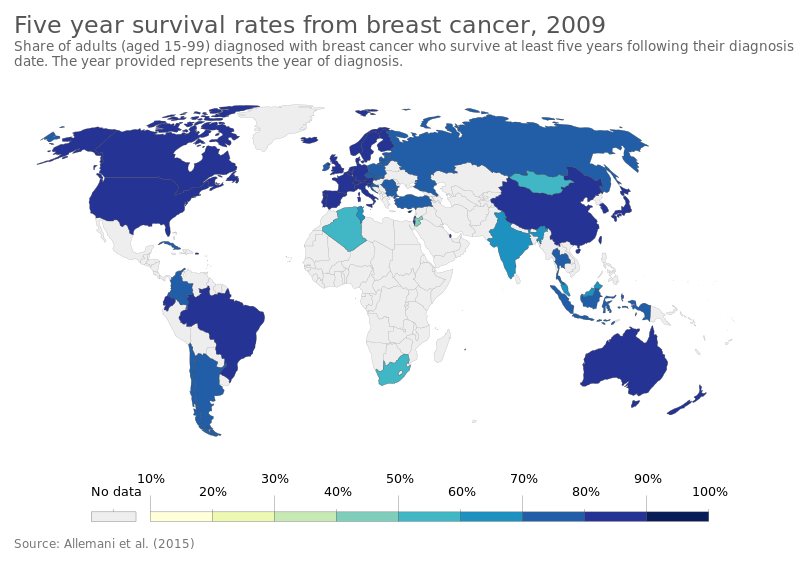UCLA and University of Toronto Launch moPepGen: A Breakthrough in Genetic Mutation Detection

In a significant advancement in the field of genetic research, scientists from the University of California, Los Angeles (UCLA) and the University of Toronto have developed a groundbreaking computational tool known as moPepGen, designed to identify previously hidden genetic mutations in proteins. This innovative tool, described in a study published in the prestigious journal Nature Biotechnology on June 16, 2025, has the potential to revolutionize cancer research and other medical fields by providing deeper insights into protein variations that contribute to disease progression.
The moPepGen tool addresses a critical gap in proteogenomics, the study that merges genomics and proteomics to create a comprehensive molecular profile of diseases. According to Dr. Chenghao Zhu, a postdoctoral scholar at UCLA and co-first author of the study, "We developed moPepGen to help researchers determine which genetic variants are truly expressed at the protein level, addressing a long-standing challenge in the proteogenomic community." Traditional proteomic tools often fail to capture the full diversity of protein variations, limiting researchers' ability to identify genetic mutations at the protein level. The development of moPepGen enables more precise identification of these variations, utilizing a graph-based approach to process various types of genetic changes efficiently.
Dr. Paul Boutros, a professor of urology and human genetics at the David Geffen School of Medicine at UCLA and co-senior author of the study, emphasized the tool's importance, stating, "By making it easier to analyze complex protein variations, moPepGen has the potential to advance research in cancer, neurodegenerative diseases, and other fields where understanding protein diversity is critical." The researchers demonstrated the effectiveness of moPepGen by analyzing proteogenomic data from several tumor samples and cell lines, discovering that the tool could identify four times more unique protein variants than previous methodologies.
The implications of moPepGen are profound, particularly in the realm of personalized medicine. By identifying cancer-specific variant peptides that may serve as neoantigen candidates, the tool paves the way for the development of personalized cancer vaccines and cell therapies. As Dr. Boutros noted, "It bridges the gap between genetic data and real-world protein expression, unlocking new possibilities in precision medicine and beyond."
Moreover, the tool is freely accessible to researchers worldwide and can integrate seamlessly with existing proteomics workflows, ensuring that it can be utilized by laboratories regardless of their size or resources. This democratization of advanced research tools aligns with ongoing efforts to enhance collaboration and innovation in the scientific community.
The development of moPepGen comes at a time when genetic and proteomic research is experiencing rapid growth. With increasing investments in biotechnology and precision medicine, tools like moPepGen are vital for unlocking new diagnostic and therapeutic strategies. As researchers continue to explore the complex interplay between genetic mutations and protein expression, moPepGen stands out as a pivotal advancement, promising to illuminate pathways to better understanding and treating diseases.
In conclusion, the introduction of the moPepGen tool represents a remarkable milestone in genetic research, offering unprecedented capabilities for detecting hidden genetic mutations in proteins. Its potential applications in cancer treatment and other medical fields could lead to significant breakthroughs, making this development a critical area of focus for scientists and health professionals alike. As the field evolves, tools like moPepGen will likely play a crucial role in shaping the future of personalized medicine and improving patient outcomes.
Advertisement
Tags
Advertisement





